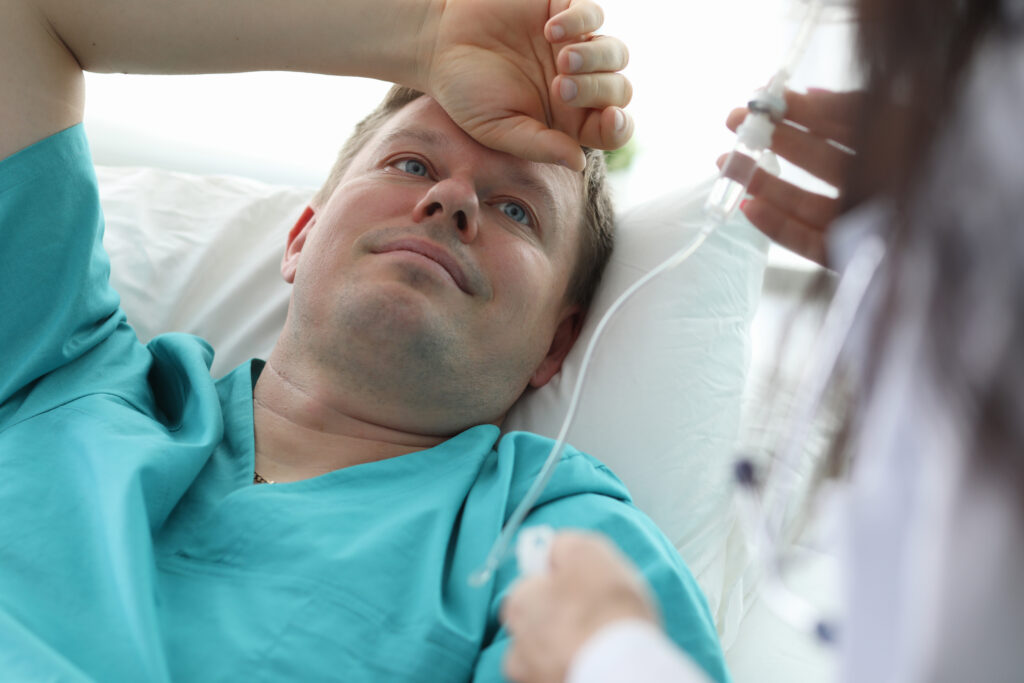Navigating Life After a Motor Vehicle Accident

A motor vehicle accident can have a profound impact on an individual’s life, leading to physical, emotional, and financial challenges. Recovering and adapting to life after such an event can be a daunting journey, but it is important to remember that it is possible to rebuild and thrive. In this blog post, we will explore various aspects of life after a motor vehicle accident and provide guidance on how to navigate the recovery process and create a fulfilling future.
- Physical Rehabilitation and Healing: After a motor vehicle accident, physical recovery is often a primary focus. It is crucial to follow the guidance of medical professionals and participate in physical therapy or rehabilitation programs. These interventions can help restore mobility, reduce pain, and regain strength and function. Be patient with yourself during the recovery process, as it may take time and require consistent effort.
- Emotional and Psychological Well-being: The emotional impact of a motor vehicle accident should not be underestimated. It is common to experience a range of emotions, including anxiety, depression, fear, or post-traumatic stress. Seek professional help, such as therapy or counseling, to address these emotional challenges and develop healthy coping mechanisms. Surround yourself with a supportive network of family and friends who can provide understanding and encouragement.
- Financial Considerations and Legal Support: Dealing with the financial aftermath of a motor vehicle accident can be overwhelming. It is essential to assess the financial implications, such as medical expenses, property damage, and loss of income. Consult with a legal professional specializing in personal injury law to understand your rights and explore options for compensation. They can guide you through the legal process and help you secure the financial support you may need.
- Adjusting Daily Activities and Lifestyle: Depending on the extent of injuries sustained in the accident, adjustments to daily activities and lifestyle may be necessary. Be open to making modifications to your routine, living environment, or work arrangements to accommodate any physical limitations or changes in abilities. Seek assistance from occupational therapists or accessibility experts to create an environment that promotes independence and maximizes your comfort and mobility.
- Seeking Social Support: Building a strong support network is crucial during the recovery process. Reach out to family, friends, and support groups for emotional support and understanding. Engaging with others who have experienced similar challenges can provide valuable insights and a sense of belonging. Share your experiences, but also listen to and learn from others who can offer advice and encouragement.
- Rediscovering Purpose and Setting Goals: Life after a motor vehicle accident may require redefining goals and finding new sources of purpose and fulfillment. Take the time to reflect on your passions, interests, and strengths. Consider pursuing hobbies or activities that bring joy and a sense of accomplishment. Set realistic goals and celebrate your progress, no matter how small. Having a sense of purpose can positively impact your overall well-being.
Conclusion: While life after a motor vehicle accident may present numerous challenges, it is possible to rebuild and thrive. Embrace the journey of recovery, seek the necessary support, and be patient and kind to yourself. Focus on physical healing, emotional well-being, and financial stability. Surround yourself with a supportive network, make necessary adjustments, and rediscover your sense of purpose. Remember, you have the resilience and strength to overcome adversity and create a fulfilling life after a motor vehicle accident.
